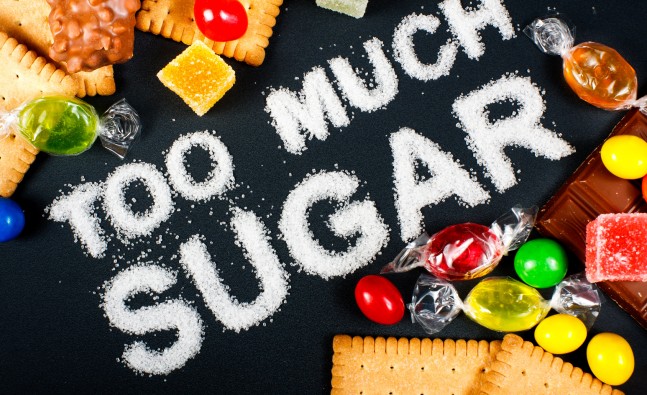Could eating slowly help you lose weight?

How eating speed affects calorie intake
In order to learn more about the relationship between eating speed and calorie intake, a team of researchers in the Department of Kinesiology at Texas Christian University took a look at how eating speed affects calories consumed during a meal in both normal weight subjects as well as overweight or obese subjects.
The investigators also collected data on feelings of hunger and fullness before and after the fast-paced and slow-paced meals and water consumption during the meals.
While previous studies have reviewed the relationship between eating speed and body weight, most of those studies were conducted with normal-weight individuals. In this new study, investigators asked a group of normal-weight subjects and a group of overweight or obese subjects to consume two meals in a controlled environment.
All subjects ate one meal at a slow speed, for which they were instructed to take small bites, chew thoroughly, and pause and put the spoon down between bites. The second meal was eaten at a fast speed, for which they were instructed to take large bites, chew quickly, and not pause and put the spoon down.
Normal weight people eat fewer calories when eating slowly
At the conclusion of the study, researchers found that only normal-weight subjects had a statistically significant reduction in caloric consumption during the slow meal compared to the fast meal: 88 kcal less for the normal weight group, versus only 58 kcal less for the overweight or obese group.
"Slowing the speed of eating led to a significant reduction in energy intake in the normal-weight group, but not in the overweight or obese group. A lack of statistical significance in the overweight and obese group may be partly due to the fact that they consumed less food during both eating conditions compared to the normal-weight subjects," explained lead author Meena Shah, PhD, professor in the Department of Kinesiology at Texas Christian University.
"It is possible that the overweight and obese subjects felt more self-conscious, and thus ate less during the study."
Eating slowly reduces hunger later on
Despite the differences in caloric consumption between the normal-weight and overweight and obese subjects, the study found some similarities. Both groups felt less hungry later on after the slow meal than after the fast meal.
"In both groups, ratings of hunger were significantly lower at 60 minutes from when the meal began during the slow compared to the fast eating condition," added Dr. Shah. "These results indicate that greater hunger suppression among both groups could be expected from a meal that is consumed more slowly."
Slow eating resulted in drinking more water
Researchers found that both the normal weight and overweight or obese groups consumed more water during the slow meal.
During the fast condition, participants across the study only consumed 266 millilitres of water, but during the slow condition, that amount rose to 355 millilitres.
"Water consumption was higher during the slow compared to the fast eating condition by 27% in the normal weight and 33% in the overweight or obese group. The higher water intake during the slow eating condition probably caused stomach distention and may have affected food consumption," said Dr. Shah.
So if youâre trying to lose weight, try eating slowly because, as Dr. Shah concludes, "Slowing the speed of eating may help to lower energy intake and suppress hunger levels and may even enhance the enjoyment of a meal.â
Recommended reading: Dieting: Why will power is not enough
-
Eat only at a table
-
Crazy celebrity diets - Dont try these at home
-
Why am I overweight?
-
Which Is More Important to Burn for Weight Loss: Fat or Calories?
When you’re trying to lose weight, your gym time is all about th
-
Gastric bypass surgery: Who is it for?
-
How To Suppress Hunger
The smell of peppermint is pretty much synonymous with the holidays—an
- DON'T MISS
- Lose kilograms whilst others are partying
- 3 Lies That Are Sabotaging Your Weight-Loss
- Eat oatmeal to slim down
- 6 Super-simple guaranteed weight-loss tips - youll LOVE #6!
- Top 26 Amazing Benefits Of Green Apples For Skin, Hair, And Health
- Pick plants to lose weight
- I Lost 100 Pounds and Overcame My Depression
- Cut down during the work week
- Spice it up
- WHAT IS THE BEST WAY TO LOSE WEIGHT FAST? 10 EFFECTIVE WEIGHT LOSS TIPS




